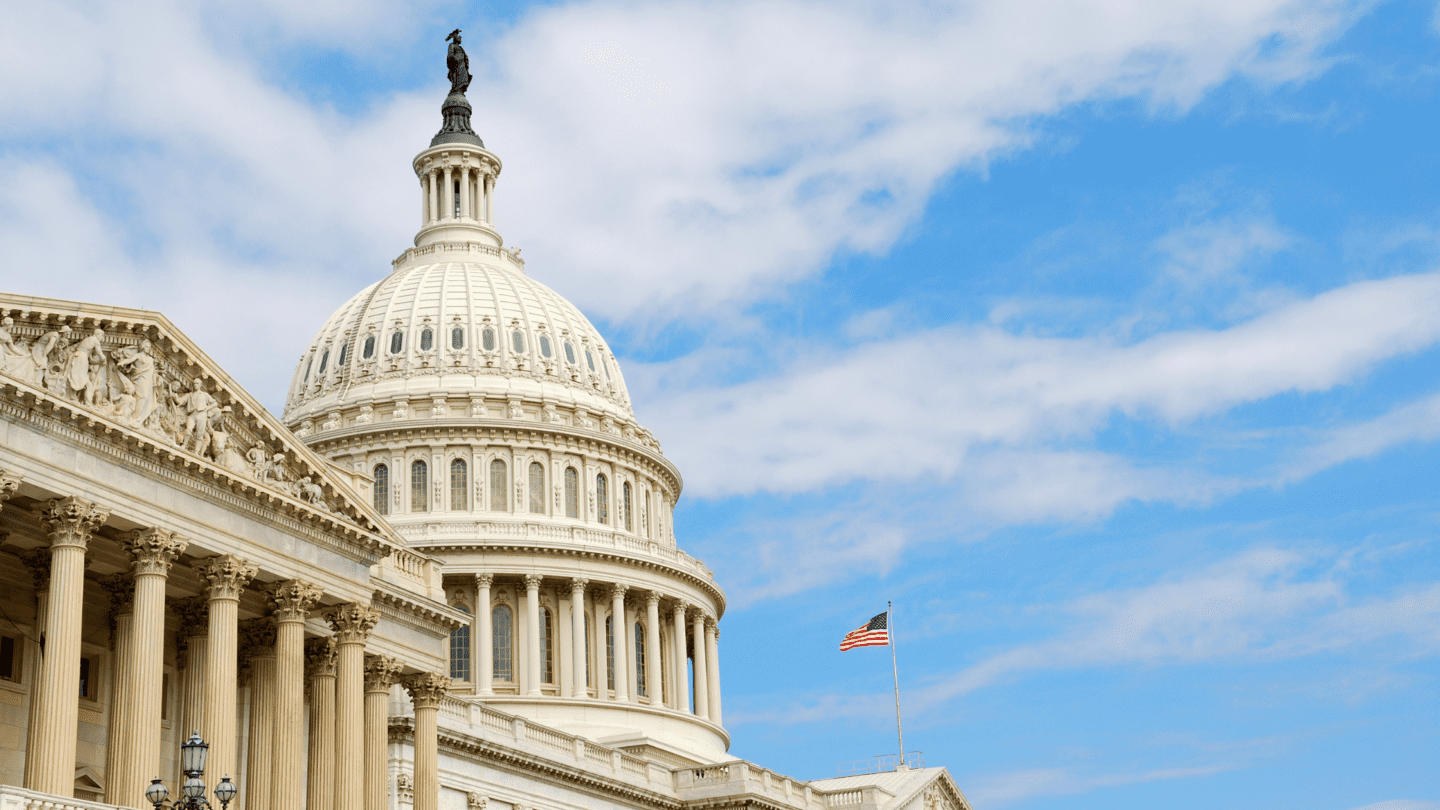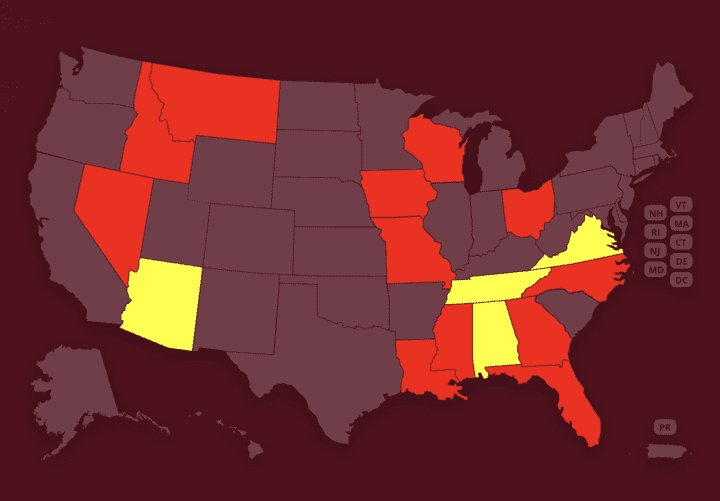Not the will of the people.
On June 5, 2024, the Senate voted on The Right to Act,1 a bill that would have enshrined the right to in federal law. This bill would have protected an individual’s ability to access contraceptives as well as a healthcare provider’s ability to provide contraceptives and related information.
Unfortunately, it failed to receive the necessary 60 votes to move forward, with a final vote tally of 51-39.
“Today we put every single senator on the record to see where they stand on a very simple question: should Americans have the right to access ? The Right to Act is exactly as straightforward and commonsense as it sounds—it simply codifies Americans’ right to into law.” Senator Patty Murray
This outcome is in direct contrast with popular opinion in the US. According to a poll conducted by Americans for , ~80% of voters indicated that protecting access to was “deeply important” to them. This is a bipartisan opinion, with 72% of Republican voters stating they have “a favorable view of .”
Notably, the results are similar across other polling efforts. According to the Pew Research Center, 79% of voters say widespread access to is good for society.
To put it simply: A bill that 4 out of 5 Americans agree with, to protect access to , failed to pass.
If politicians were following the will of the people, this bill would have easily passed.
“Americans now have to question whether or not they’ll have access to something as basic and widely supported as . We could have eliminated that worry in one fell swoop by passing the Right to Act.” Leader Chuck Schumer
Yes, we should be scared.
The importance of codifying the right to cannot be overstated. Failure to pass The Right to Act underscores the challenges we still face in ensuring access to essential healthcare for all. With the overturning of Roe vs. Wade nearly two years ago, the demolition of our reproductive healthcare rights and protections is a highly concerning trend.
16 states currently have bills in process that threaten the right to , or a key legislator in power who is actively blocking bills seeking to protect access to . Just check out this interactive map by the Americans for for a state by state view.
Source: Americans for
Here’s the key thing to remember: while the senators who blocked The Right to Act argue that contraceptive access should be left to the states, many of those states are dismantling rights to .
So which is it? How can we trust states to protect contraceptive access when there are bills working their way through state legislatures that threaten to ban safe, highly effective, and popular methods like the IUD? (Not to mention: birth control is medicine.)
“Overturning Roe v. Wade was just the beginning. Our right to is at risk.” Senator Kirsten Gillibrand
Much like abortion rights, contraceptive access could become a pawn in a political game where the only ones getting hurt are women.
What we have to lose.
Access to as a human right. This right has been recognized by the United Nations and the World Health Organization, and protected as law by the US Supreme Court for nearly 60 years.
So what do we have to lose? A LOT:
- Autonomy in family planning: Access to is critical for preventing unintended pregnancy and ensuring individuals can decide if and when they want to expand their family. Without access to , individuals are denied the agency to plan their futures.
- Basic healthcare: 70% of women use for reasons other than preventing pregnancy.2 is the most commonly prescribed drug for managing reproductive health conditions like PCOS and endometriosis, and thus restricting it restricts access to basic health care.
- Health equity: Disparities in access to exacerbate existing healthcare inequalities—especially in light of the fact that is medicine. The lack of access to contraceptive services perpetuates inequalities in health outcomes, particularly for the ~20M women who live in contraceptive deserts across the US.3
- Economic security: Access to enables individuals to plan their families on their own terms, contributing to generational economic security and wellbeing.
Access to contraceptive medicine is not a privilege but a fundamental human right.
Like what you’re reading? Get the latest straight to your inbox 💌
Blurring the line between healthcare and political positioning has proved dangerous, time and time again. It has been two years since the Dobbs decision, which overturned Roe vs. Wade and made it extraordinarily difficult for many women to seek abortion care in the US. Since this ruling, 1 in 5 providers report constraints on their ability to manage miscarriages and other pregnancy-related emergencies.4 In abortion ban states, this statistic rises to 4 in 10 providers.4 These statistics are also reflected in countless horror stories of women almost dying due to pregnancy complications which were previously easily treated but are now inaccessible due to legal restrictions.
Whether a patient is seeking pregnancy care or contraceptive care, the law should not impinge on their ability to get health care.
It is our collective responsibility to advocate for the medical and nonmedical benefits of contraceptive access and protect this human right.
“Every woman needs access to whatever options make the most sense for them, and to whatever preventive health care makes sense to them – that’s what the Right to Act is all about. This is about the right to make decisions about their own bodies and their own futures.“ Senator Peter Welch
This article was originally published as a three-part LinkedIn series and can be found here.
-
- H.R.4121 – 118th Congress (2023-2024): Right to Contraception Act. (2023, June 16). https://www.congress.gov/bill/118th-congress/house-bill/4121
- The broad benefits of contraceptive use in the United States. (2022, August 24). Guttmacher Institute. https://www.guttmacher.org/fact-sheet/broad-benefits-contraceptive-use-united-states
- Contraceptive deserts. (n.d.). Power. https://powertodecide.org/what-we-do/contraceptive-deserts
- Baden, K., Dreweke, J., & Gibson, C. (2024, June 25). Clear and growing evidence that Dobbs is harming reproductive health and freedom. Guttmacher Institute. https://www.guttmacher.org/2024/05/clear-and-growing-evidence-dobbs-harming-reproductive-health-and-freedom








